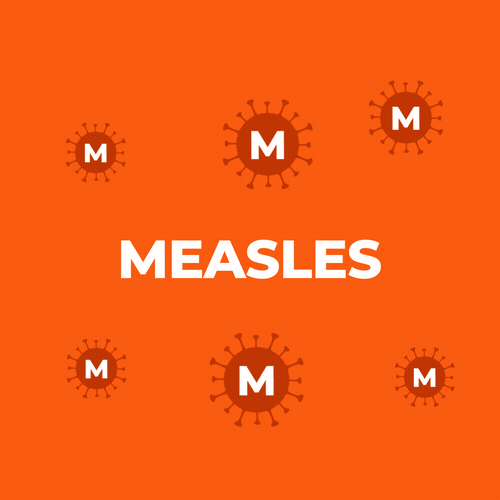The European Commission says it is closely monitoring disease outbreaks in the EU, and is working to address public trust in immunisation, in partnership with national governments and other agencies.
‘The Commission is very concerned by the spike in reported measles cases in Europe – particularly as the number doubled in 2024 compared to 2023,’ the Commission’s spokesperson on health told Vaccines Today. ‘We are closely monitoring the measles situation and working with national authorities and the European Centre for Disease Prevention and Control (ECDC) to support the response to the reported outbreaks.’
They said addressing ‘sub-optimal’ vaccination coverage is key to turning the tide against highly infectious diseases, such as measles. ‘This is a disease that can be prevented through safe and efficient vaccination, so we have been working with Member States to improve coverage and to promote sustainable vaccination programmes and secure vaccine supply in Europe.’

Lack of trust in authorities, health systems and vaccination are contributing to lower vaccine uptake. One driver of this may be the rise in misinformation (inadvertent falsehoods) and disinformation (deliberate circulation of knowingly false information).
‘Protecting Europe from the harmful effects of disinformation, information manipulation and interference is a high priority for the Commission. Specific measures to tackle this problem are set out in the European Democracy Action Plan and the strengthened Code of Conduct on Disinformation. These create a strong framework, in line with the Digital Services Act, for very large online platforms and search engines,’ the Commission says.
The European External Action Service (EEAS), the foreign affairs and diplomatic arm of the EU, has also stepped up monitoring and analysis, working with Member States and international organisations to address disinformation across various policy areas.

Read more: Vaccine misinformation – how to tackle the infodemic
On the public health side, the Commission says it has conducted a number of public information campaigns to provide citizens with reliable, evidence-based information on key issues. These include United in Protection which aims to raise awareness of the benefits of vaccination and to encourage citizens to make vaccination decisions on the basis of reliable, scientific information.
The Commission notes that it has made a substantial investment in raising awareness of the benefits of vaccination, including in establishing the European Vaccination Information Portal, and is working with the ECDC and European Medicines Agency (EMA) to ensure it communicates accurate information about vaccination and vaccines.
In addition, Europe’s Beating Cancer Plan specifically highlights the potential of vaccination to prevent human papillomaviruses (HPV) and hepatitis B virus, and the EU4Health Programme funds a wide range of projects, including Overcoming Obstacles to Vaccination which aims to reduce physical, practical and administrative barriers to vaccination.
Read more: Can European Projects Improve Vaccination Rates for All?
‘Health professionals are key’
Doctors, nurses and pharmacists are at the heart of EU efforts to reach vaccination targets. As trusted sources of information, they can help to address vaccine hesitancy by answering legitimate questions from patients and members of the public.
‘Under the Council Recommendation on vaccine-preventable diseases, the Commission set up a Coalition for Vaccination, consisting of European health professionals’ and students’ associations. This Coalition supported the Commission’s development of actions related to communication on vaccination, amongst other things.’
Read more: Are we having the wrong conversation about hesitancy?





Pingback
April 29th, 2025
[…] has drawn renewed attention to immunization programs. A health spokesperson, speaking to Vaccines Today, warned, “The Commission is very concerned by the spike in reported measles cases in Europe – […]